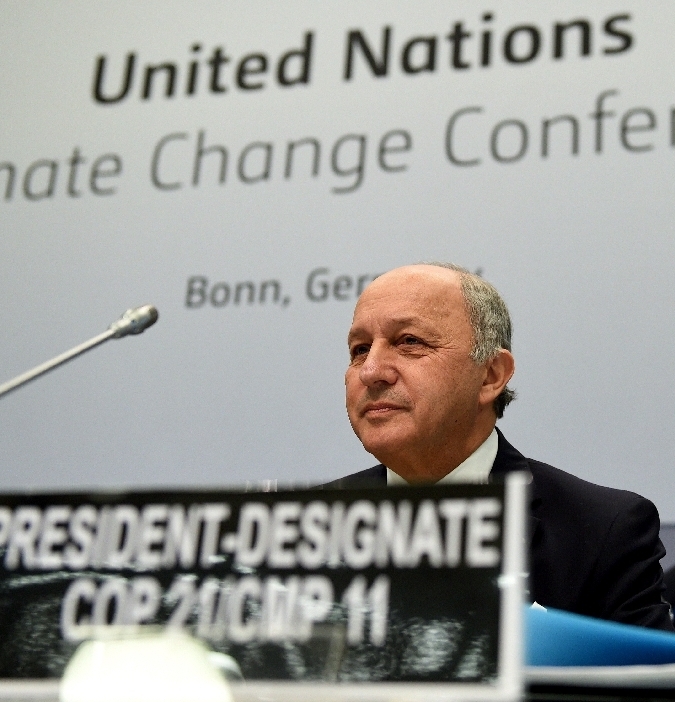UN climate talks plagued by twin fears
Negotiators from 195 nations tasked with crafting a universal climate pact are driven by twin fears tugging in opposite directions, which may result in a hollow deal, say analysts. The all-too-real prospect of climate catastrophe coupled with a rising tide of expectations, would seem to be powerful incentives to forge an agreement that is truly up to the task. At the same time, however, diplomats working on the nitty-gritty of the deal to be inked in Paris in December are haunted by another fear subtly nudging them in the opposite direction: the fear of failure.
Our concern is that we will end up with a lowest common denominator, where everybody just agrees on the least ambitious options.
Li Shuo of Greenpeace China.
Science makes it clear that the laissez-faire alternative to a comprehensive deal is a climate-addled future of mega-storms, drought, water wars and mass migration. It is also a reminder that the window of opportunity for acting is barely ajar – if human emissions of heat-trapping greenhouse gases don’t peak very soon and drop very swiftly, it may soon slam shut. And yet, progress has been incremental and painfully slow. Negotiators left the former West German capital of Bonn Friday after a week of closed-door meetings with very little to show. They have until December to confront their fears.
A purely superficial political accord without a robust set of accompanying [operational] decisions is not sufficient – I know that there are many parties that share that vision.
Elina Bardram, the European Commission’s top negotiator.

Science climate deal